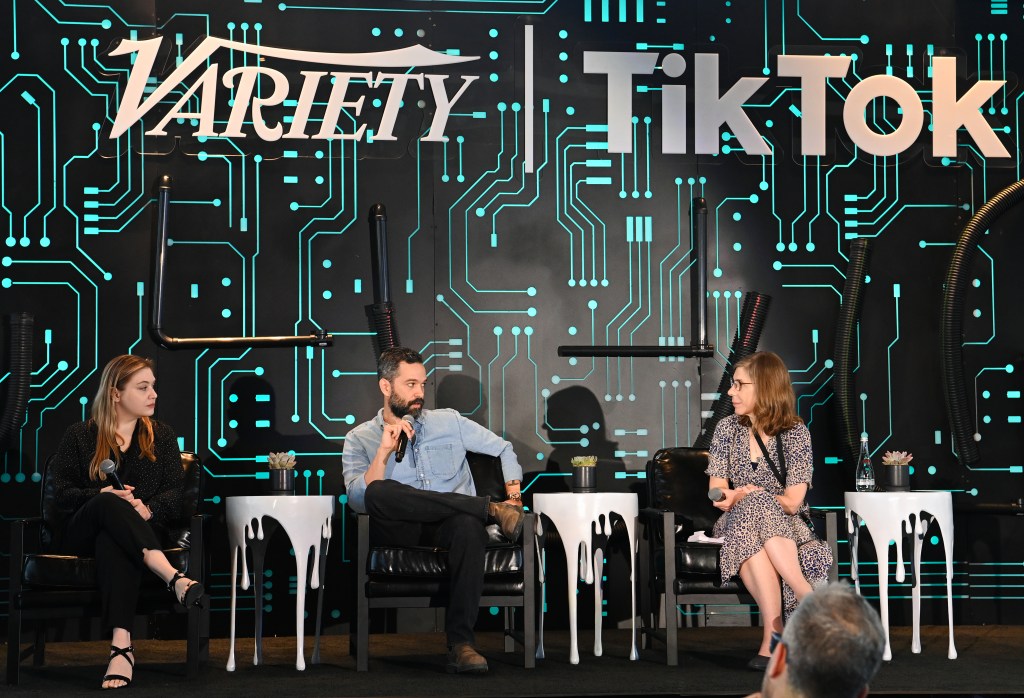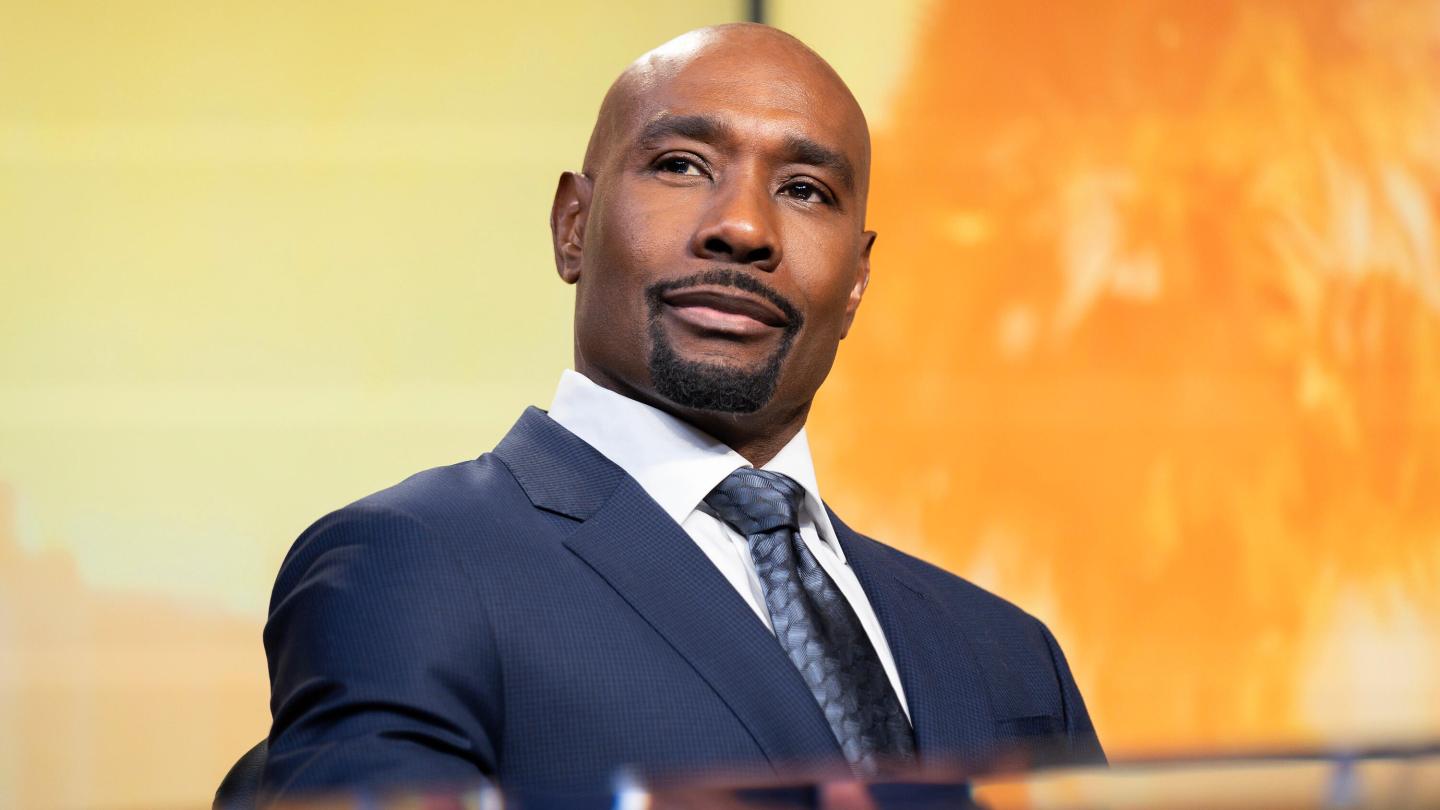Dune director Denis Villeneuve got candid about his filmography with Brett Goldstein at a BFI London Film Festival event on Saturday.
The Canadian filmmaker was speaking at a Screen Talks event with the Ted Lasso star at the city’s Royal Festival Hall, where he dived deeper into his early career, making it to Hollywood, and adapting Frank Herbert’s Dune.
Villeneuve also explained why he considers Blade Runner 2049 (2017), starring Harrison Ford and Ryan Gosling, one of the “most risky” films of his career, alongside Polytechnique (2009). “In the past,” he began, “I refused a few sci-fi films, big films, because I was not greedy… But after Sicario I felt that I had the muscles to be able to carry a project like [Blade Runner 2049].”
“I said, ‘Okay, if I do one big sci-fi movie, and I risk everything, that’s beautiful. To make a sequel to my favorite film is a beautiful way to end my career,’” he added, prompting audience laughter. “I thought it was very romantic.” The critically-acclaimed Blade Runner follow-up went on to earn over $270 million at the U.S. box office.
Ryan Gosling in ‘Blade Runner 2049’.
Courtesy of Warner Bros. Entertainment
Villeneuve spoke about how he came to direct the film which was originally planned for Ridley Scott, who helmed the first movie. “When I was doing Prisonersone day [execs] stopped the meetings and siad, ‘Sorry. Ridley Scott is in the next room. We’re not supposed to tell you but we’re doing but sequel to Blade Runner.’ I said, ‘Wow.’.”
“Then when I was doing SicarioI got a call… Ridley is the most prolific, over-busy director. And when I direct one movie, Ridley does three things. I think that Harrison Ford was tired of waiting.”
Prisoners (2013), featuring Jake Gyllenhaal, was finished within the same week that Villeneuve said he finished Enemy (2015). It was all a masterplan from Villeneuve, who admitted to Goldstein that he feared Hollywood would “destroy” him. “I was convinced that Hollywood will destroy me, and that Prisoners will destroy my identity as a filmmaker,” he confessed. “So Enemy was my secret weapon… I was afraid of being again, crushed by the system. I didn’t want to make sequels, I wanted to control my films.”
But working in Hollywood ended up being a very pleasant surprise, he added. “At that time, [Prisoners[ was the best shooting experience of my life. I had never felt respected like that. They gave me everything I wanted… It was a perfect experience, and I tasted what it was to make a movie with money.”
Goldstein hailed the director all throughout the 75-minute session, particularly when the pair discussed Arrival, Dune, and Dune: Part Two. “It’s a lot of preparation,” Villeneuve said of Dune: Part Two‘s success (the sci-fi epic, starring Timothee Chalamet, Zendaya, Josh Brolin, Florence Pugh, and more, has earned over $700 million at the worldwide box office).
“World building is very demanding. There’s always a day [on set] where I think that it’s the worst day of my life,” he said when Goldstein asked whether it is true that the notorious worm-riding scene took 44 days to shoot. “It’s like trying to play the instrument and it’s out of tune. Your brain is out of tune. But I’ve learned… that you can always reshoot!”
The BFI London Film Festival runs from Oct. 9-20.




